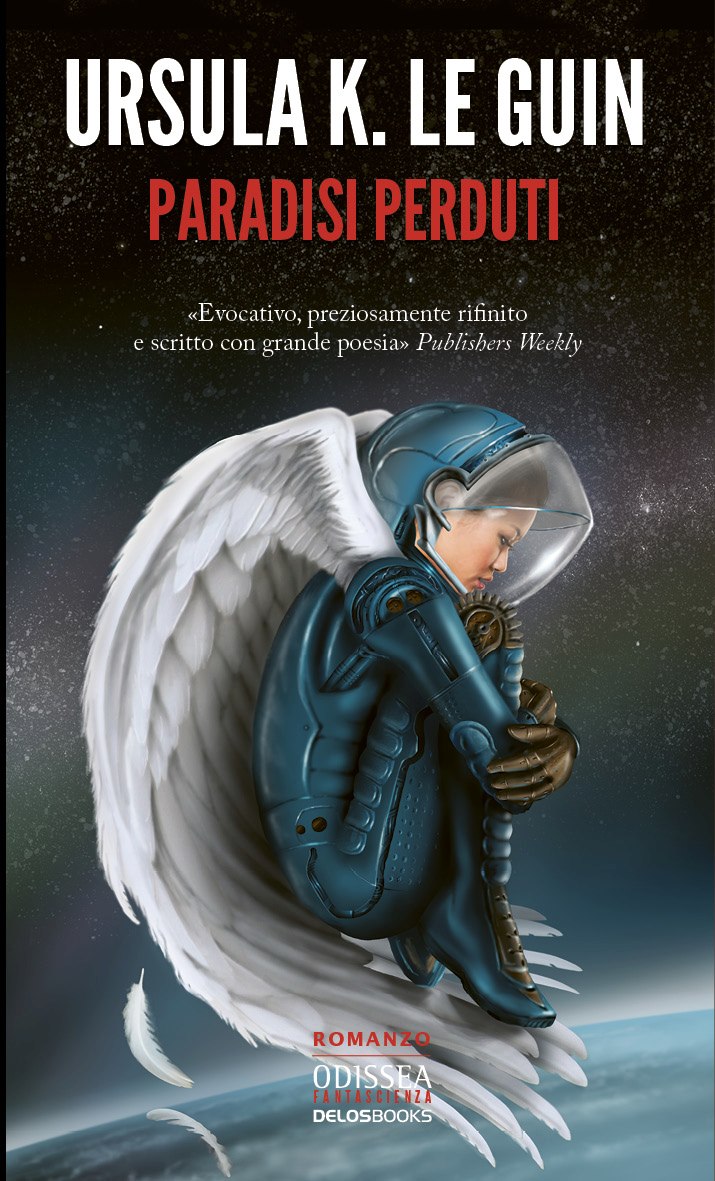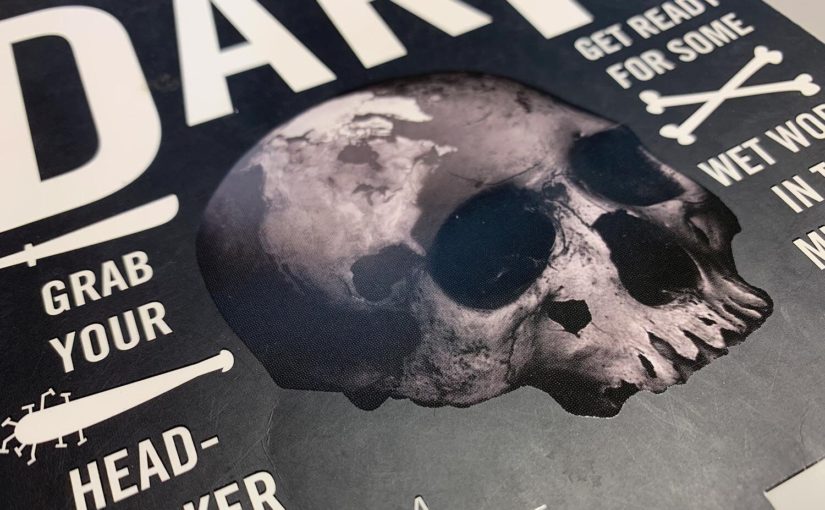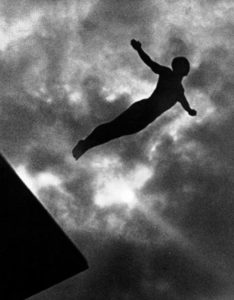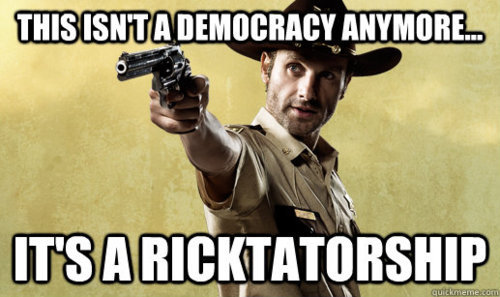 You know, I wrote this whole ridiculous review where I hand-wrung about middle grade fiction, but that was lame and I’m glad it got lost. I’ll just note, in lieu of recreating said hand-wringing, that middle grade is a tough genre for me to assess, because it’s so totally not aimed at me, not just in age, but in reading and worldly experience. While the big life themes are of course present for the middle grader – how to deal with your parents, and friends, and sometimes even romantic love, the constant whooo-ammmm-III? – it’s just odd for an adult to remember being a child with the child perspective on all that stuff.
You know, I wrote this whole ridiculous review where I hand-wrung about middle grade fiction, but that was lame and I’m glad it got lost. I’ll just note, in lieu of recreating said hand-wringing, that middle grade is a tough genre for me to assess, because it’s so totally not aimed at me, not just in age, but in reading and worldly experience. While the big life themes are of course present for the middle grader – how to deal with your parents, and friends, and sometimes even romantic love, the constant whooo-ammmm-III? – it’s just odd for an adult to remember being a child with the child perspective on all that stuff.
My ten year old and I occasionally swap books for the MG set – him being a middle-grader and all – and we rarely agree about what is awesome. Adam Rex is a winner for both of us, because he’s funny and, maybe more importantly, a weirdo, writing just the strangest narratives. I mean that decidedly as a compliment. (Also, of note, I drunk-friend-requested Rex on Goodreads once, and he was gracious enough to accept and put up with a slobbery PM from me. The boy still bugs me to send him more PMs, but the sober light of day has prevailed heretofore. You’re welcome, Adam Rex.) Anyway, point being, I think this might be a winner for both of us. I’ll have to slip it in next to his bed and see what happens.
Ferrell and his neighbor and good friend Mary are preparing for the annual sled race at the start of the novel. Mary is bossy and driven, the way girls are before the whole Ophelia death-trap of adolescence. Ferrell is much more happy-go-lucky, good-natured and not particularly competitive. Mary has decided she’s going to win the fudge (only I didn’t actually say fudge) out of the race, carefully constructing a sled out of a wash basin – the race is of home-built wacky sleds, not just your usual red runner – and Ferrell, true to form, leaves his sled-building to the last second. After the race, some family history comes to light for Ferrell and Mary, and no more about that because spoilers.
I kinda love Mary and Ferrell, the whole darn it, Ferrell, pay attention!! from Mary, and Ferrell’s whole gosh, Mary, sorry which is then tinged with irritation. I like these stories about the odd changing moment in male-female friendships, where you very subtly realize that your bff for forever is a girl, and you are a boy. (Or vice versa, you know.) It’s not the relationship has to go all romantic or something, just that there’s this tiny shift, along with a dozen other little shifts in how you perceive your parents and your peers and all that.
The Whole Stupid Way We Are and Breadcrumbs rocked in depicting this shift, but I think they’re probably, um, how do I say this? too literary for the fart-joke set. Maybe in another couple of years when my boy is actually going through this shift. (Though there are signs it’s happening; heaven help him.) I think The Secret of Ferrell Savage is going to be a win for the boy because it’s really cleanly written, and it’s about sled racing and cannibalism. Goofy goes a way long way in holding the attention of ten-year-olds, and while the sled-racing and cannibalism is treated earnestly in some ways, Gill doesn’t veer to precious or dour. There are great Dickensian names, like the titular Ferrell Savage, who is a vegan, or the nemesis, Littledood.
But then also, I just love stuff like this, in a conversation between Mary and Ferrell during the crux of the whole thing. No spoilers, I promise:
“I wonder why there are so many movies about vampires and none about cannibals. They’re both gross, no matter how cute they guy is who’s biting you.”
Then I said, “I think sucking blood isn’t as gross, because you don’t have to chew. There’s just something about having to floss all those little arm hairs and bony pieces out of your teeth that kind of ruins it for me.”
Out of the mouths of babes, man. My Grandpa would hate this, because he was one of those red-meat-and-potatoes guys who thought anything that suggested that vegetarianism was okay – veganism hadn’t been invented in Pennsylvania in the 80s, though it may have existed elsewhere and would have driven him nuts – was the work of Communists. Watching the movie version of Babe: The Gallant Pig with him was a frustrating experience, I’ll tell you what, and I’m not even a vegetarian. So it was cute to have Ferrell be a vegan and not have it be this big thing either way. Or it is a thing, but not the way you expect. Also, Ferrell and Mary pretty much nail the vampire craze right there. Booyah.
So I hope I can get the boy to read this, because my reader’s advisory hasn’t necessarily been the greatest, but I’m learning.The Secret of Ferrell Savage is undoubtedly the most adorable novel about cannibalism ever written.
I received my ARC from the publisher, but no conditions were put on my review.





